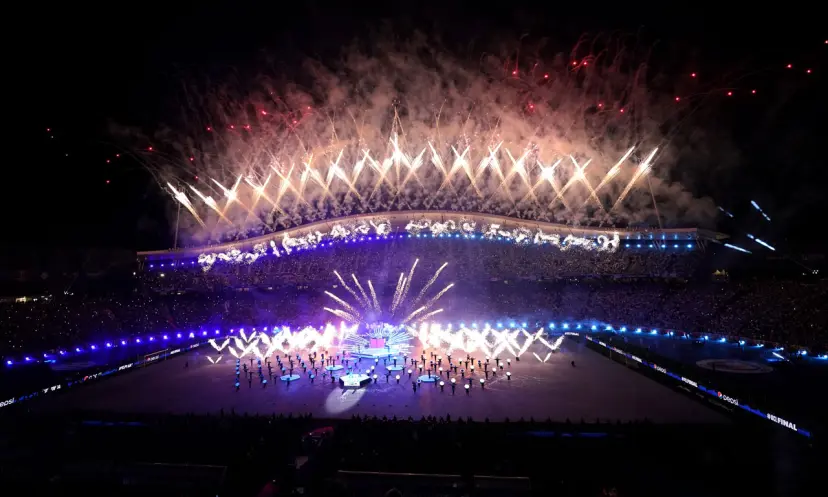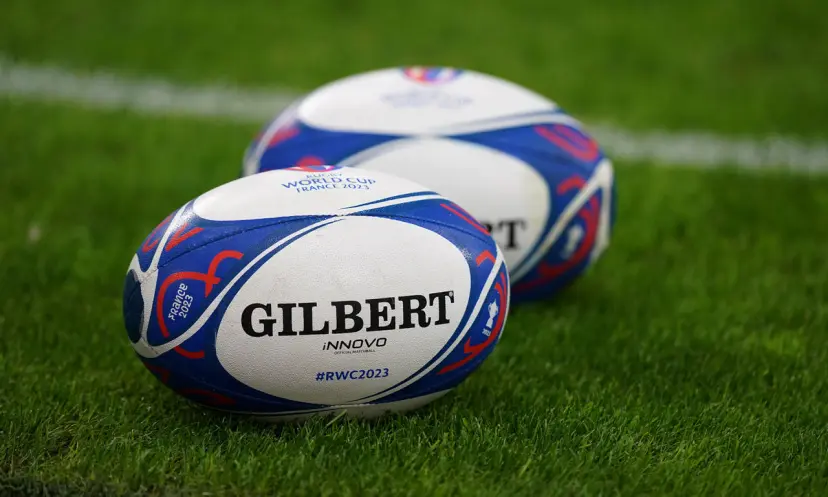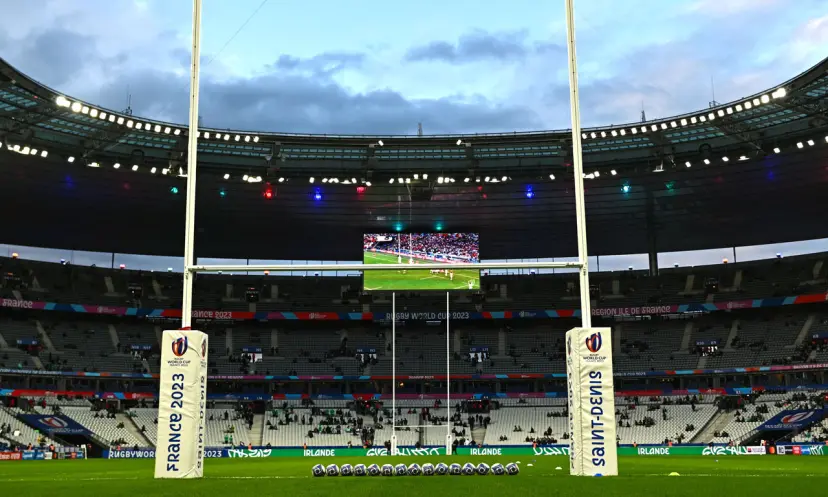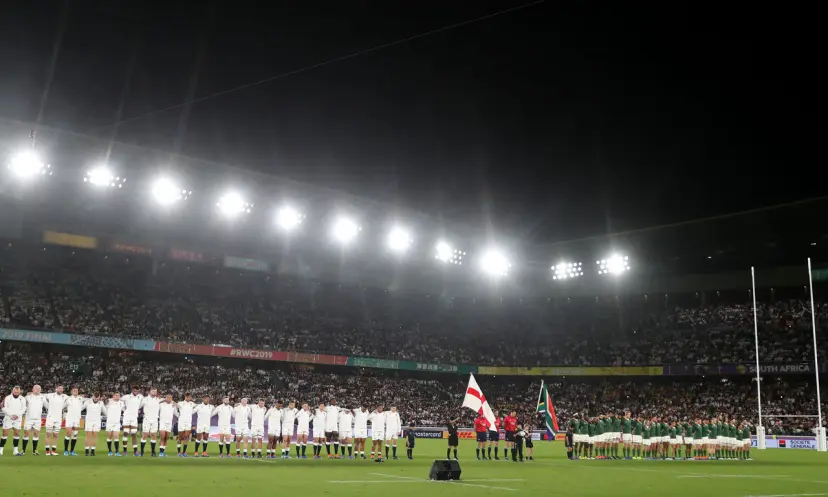History hints at Six Nations expansion rather than promotion and relegation
Published: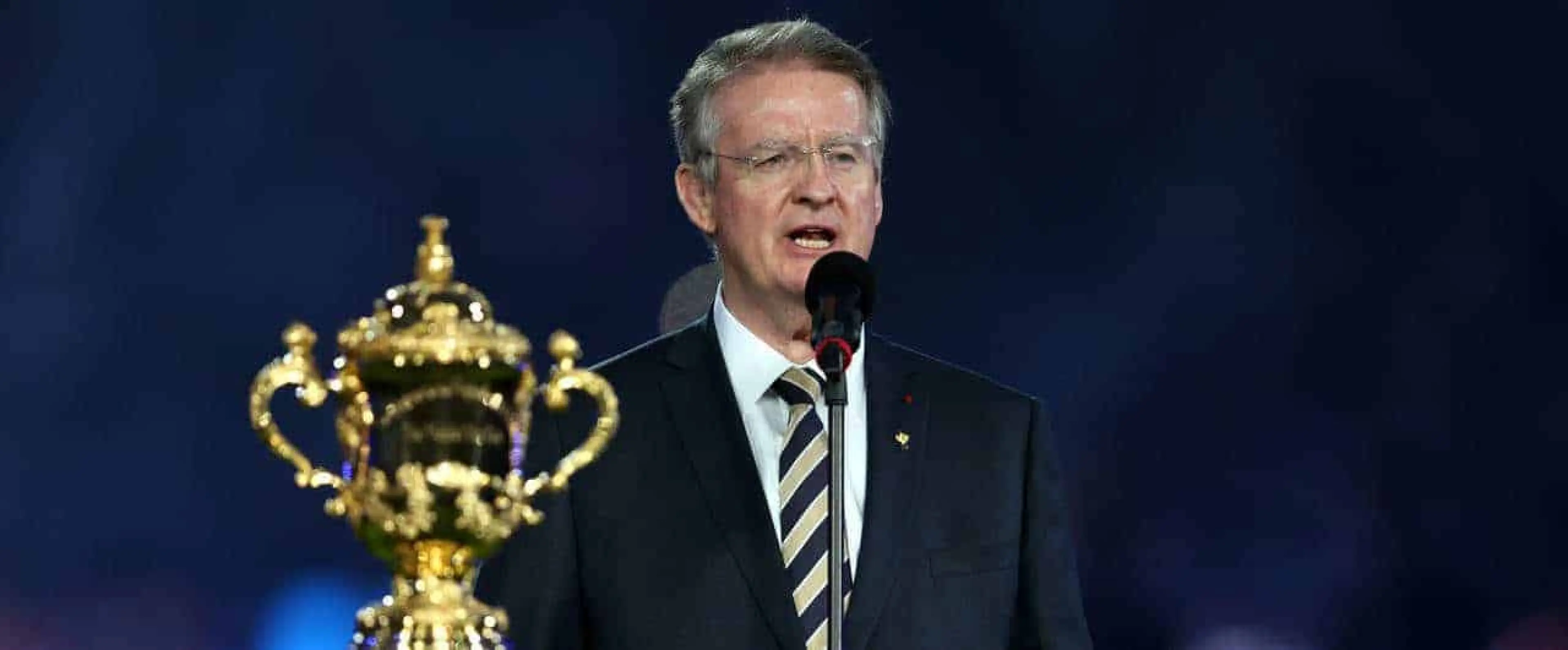
Jamie Clark, Sports Editor | April 5, 2016
Outgoing World Rugby chairman Bernard Lapasset is set to leave his post after generating a huge talking point; should the Six Nations be open to promotion and relegation?
It might just be stirring the pot or taking the global view of rugby union, but Lapasset, who passes his responsibilities on to successor and RFU counterpart Bill Beaumont this year, thinks tier 2 countries should get a chance to mix it up with the big boys of Europe.
No immediate alterations are on the horizon, however, with Coral making 2016 Grand Slam winners England firm 11/8 favourites to retain the Six Nations title in 2017. Behind them as market leaders come Wales (2/1) and Ireland (9/2), and it’s 9/1 bar those.
Format needs to change?
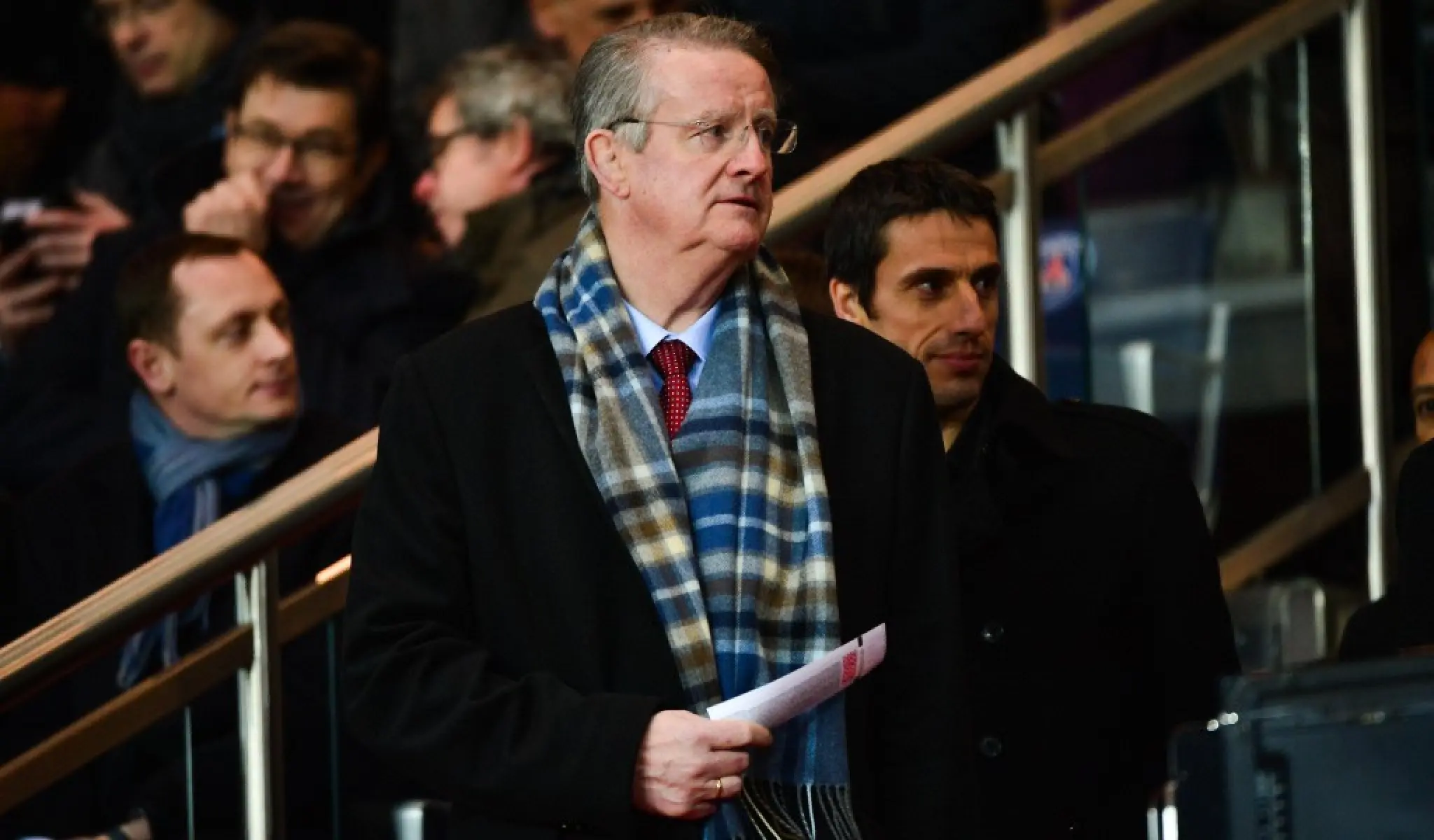
“We need to change the format of the Six Nations championship,” Lapasset told the French press in a recent interview. “This competition should open, either direct or via a play-off.”
Behind the Iron Curtain which once divided Europe into East and West, Romania and Georgia have emerged as surprise hotbeds of rugby union – with both of these countries at one time or another ranked in or knocking on the door of being among the top 12 in the world.
Russian satellite state Georgia have qualified for each of the last four Rugby World Cups, while Romania are ever-presents since the tournament was first held in 1987.
Neither of these Eastern European countries have made it past the pool stage, but their consistency in just reaching the global stage suggests they are sides that should be taken seriously.
No opportunities for tier 2 teams
Having just competed in their own equivalent of the Six Nations, the European Nations Cup alongside Russia, Spain, Portugal and Germany, consensus of opinion from outside the Northern Hemisphere elite is Georgia and Romania would benefit from testing themselves against the top teams regularly.
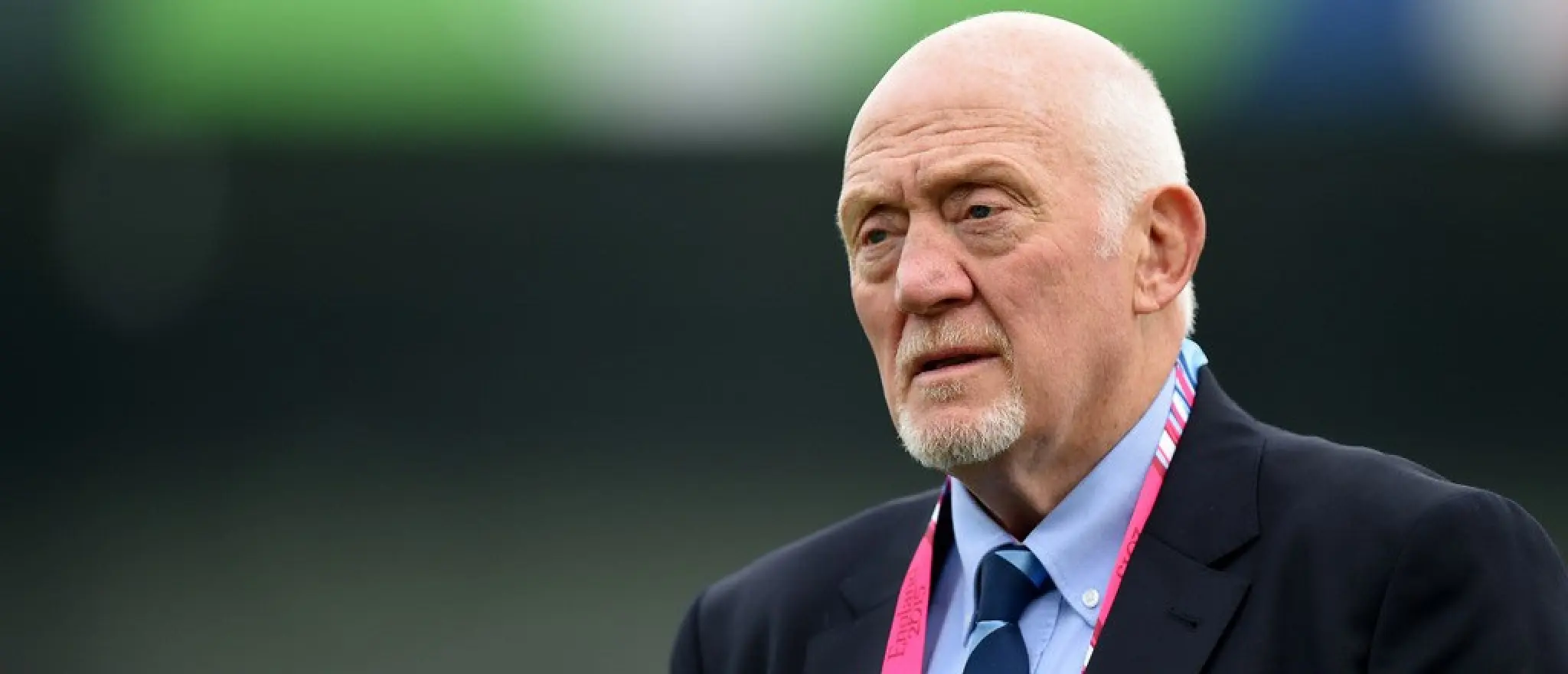
Former Wales caretaker coach Lynn Howells is in charge of the Romanian national side, and he agrees with Lapasset. “Romania have been pretty consistent in getting to the World Cup and the only time we play against a tier 1 nation is when we get there,” Howells told local radio.
“The one thing you can see is that we are improving in the situation that we’re in, but to take the next step we have to play consistently against these teams. The big problem is that these tier 1 nations don’t give you the opportunity to play against them.”
Pace of change for formats slow
International rugby’s annual calendar among the elite countries has looked pretty similar for several years now. The Home Nations tend to take summer Tours below the Equator, and the Southern Hemisphere teams return the favour in the Autumn Internationals.
Annual domestic championships take place in the spring in Europe and tend to be the early autumn elsewhere, while once every four years we’re treated to a Rugby World Cup.
There is some variety thrown into the mix when it comes to the Europe v Southern Hemisphere rivalry afforded by British and Irish Lions Tours and Tests (3/1 to win the 2017 series in New Zealand), but as for admitting new nations into the fold that is a slower process.
Pumas take time to gain acceptance
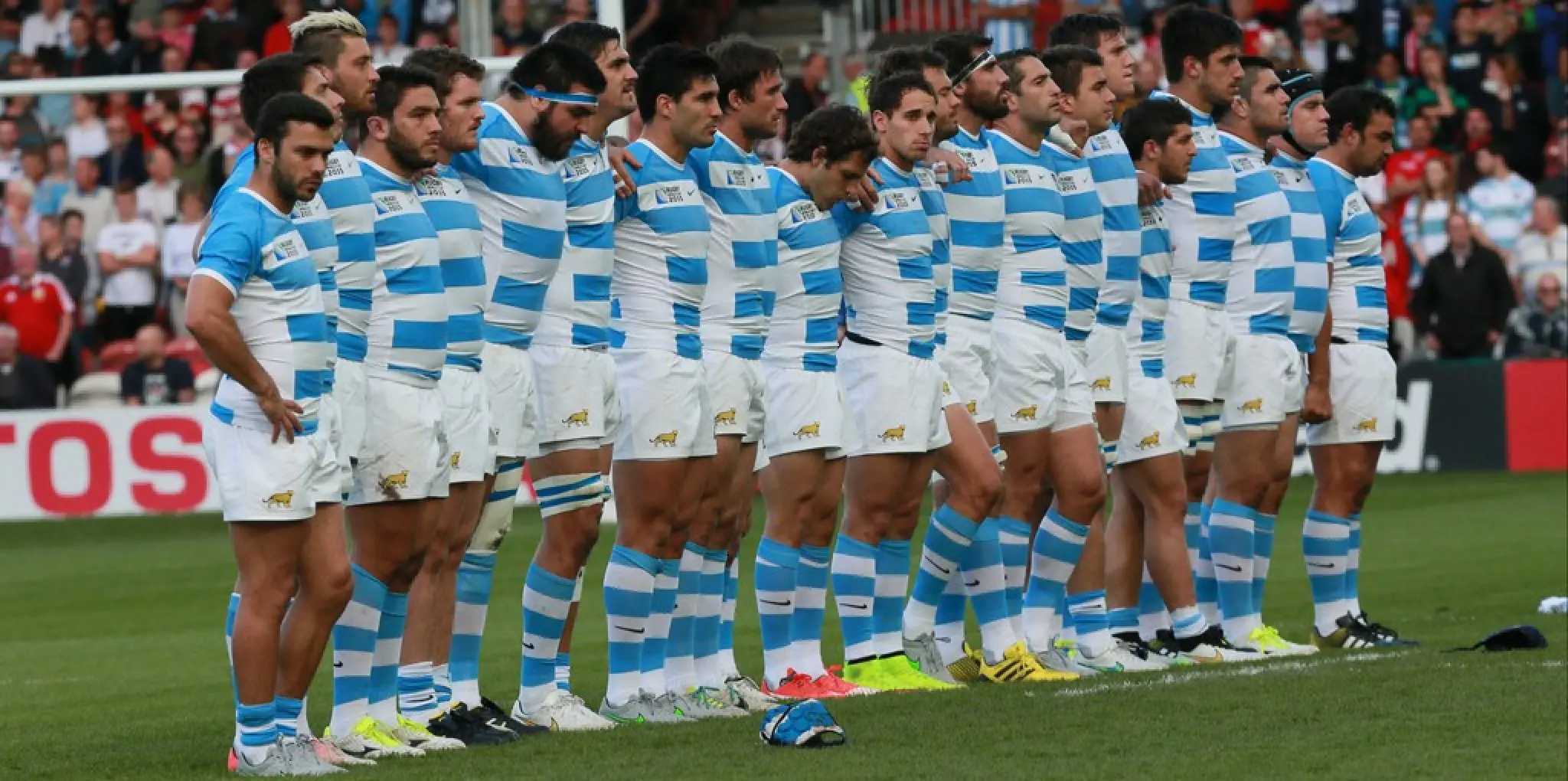
Argentina have played at every single Rugby World Cup, but were only allowed to join old Tri Nations threesome Australia, New Zealand and South Africa to form the Southern Hemisphere Rugby Championship in 2012.
Granted, far greater distances are involved in travelling between Africa, Oceania and South America; yet, this and other history indicates conservatism in relation to sweeping changes in rugby union.
TV replays for try awards and spotting foul play have been wholeheartedly embraced to ensure discipline and fairness, but even game innovators England still will not call up players plying their trade abroad.
It is an eclectic mix of things rugby federations are prepared to accept and those that it won’t.
Further expansion a more likely avenue
Since the inaugural Home Nations Championship in 1883, the format has been permanently expanded just twice; to admit France permanently after the Second World War in 1947, and then again for Italy’s inclusion from 2000 onwards.

Only England and Ireland have never finished bottom of the Six Nations, so among the others – particularly Scotland, France and the Azzurri, who are are about to embark upon a new era under Conor O’Shea – there will be a sense of preserving their status.
Adding promotion and relegation into the mix threatens that, leaving a future expansion to having a so-called ‘Seven Nations’ or even ‘Eight Nations’ much more likely if history is any indicator.
Related


